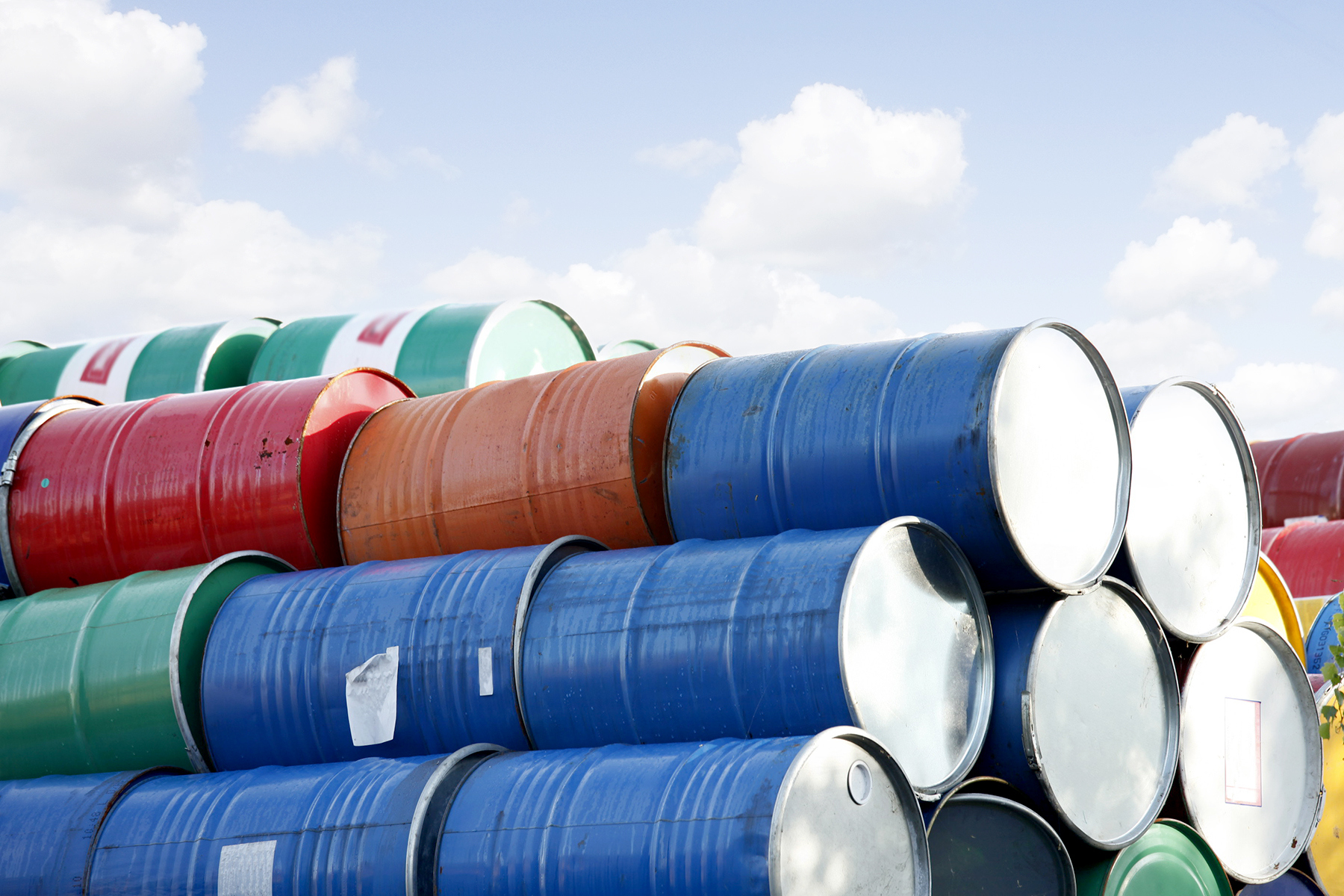On Sunday we had the meeting of theOpec+ from which no change of course on their production strategies has emerged. In this sense, OPEC +, the alliance of oil-producing countries, has decided to stick to what was agreed at the beginning of October, i.e. a reduction of crude oil production by 2 million barrels per day (about 2% of world demand considering a daily consumption of about 100 million barrels) which will remain in force from November until the end of 2023.
Embargo and price cap
A decision that was far from obvious on Sunday, in fact, energy analysts expected oil producers to consider new and heavier cuts in crude oil production, in order to support oil prices as much as possible before the hard blow to Moscow’s oil revenue implemented these days.
From today, in fact, the much-discussed one comes into force European embargo on Russian oila measure that bans all imports by sea (and not via pipelines) from Russia and according to calculations by the European Commission this would allow about 94% of Russian oil to be frozen.
But not only that, today the price cap agreed by the G7 countries (plus Australia) and which Moscow has already announced it will not accept, announcing heavy countermeasures. In detail, the price cap envisages a fixed ceiling of 60 dollars a barrel for the price of Russian oil, with the aim of reducing Moscow’s receipts.
Eyes on refined products embargo
OPEC +, leaving crude oil production unchanged, has decided to put itself on hold, observing from the outside the effectiveness of the new and tougher European restrictions on Russian oil; but also the delicate evolution of the situation in China, with the country finding itself facing a new wave of Covid.
Now we are looking at February, the month in which the European embargo will probably come into effect also on refined products from Russia, such as fuels. In this sense, it will be essential to monitor the epidemiological situation in Chinasince, if the country of the dragon were to overcome the Covid, its economy could stabilize and this would cause the demand for oil to grow again.
The latest news is reporting some volatility on the price of oil, which after three consecutive weeks of declines, Brent is currently up by more than 2% thus finding itself at 87 dollars a barrel.
Despite everything, as can be seen from the graph, the price of Brent, after reaching the maximum for the period at 139 dollars a barrel, was channeled into a bearish channel. From this point of view it is important to bear in mind that a cut in crude oil production would lead to a new flare-up in crude oil prices.
It is difficult to predict the impact of the price cap on the market, even if the event more
probable is that of a progressive cut in Russian production during 2023 (in fact OPEC+ will reduce production
unofficially via Russia). Interestingly, the alliance has not scheduled any official meeting (if
we exclude the monitoring one) before 4 June 2023. This morning we are also witnessing an acceleration of gas
TTF back aiming at 150€/Mwh, given forecasts of below average temperatures in northern Europe in the next two
weeks
